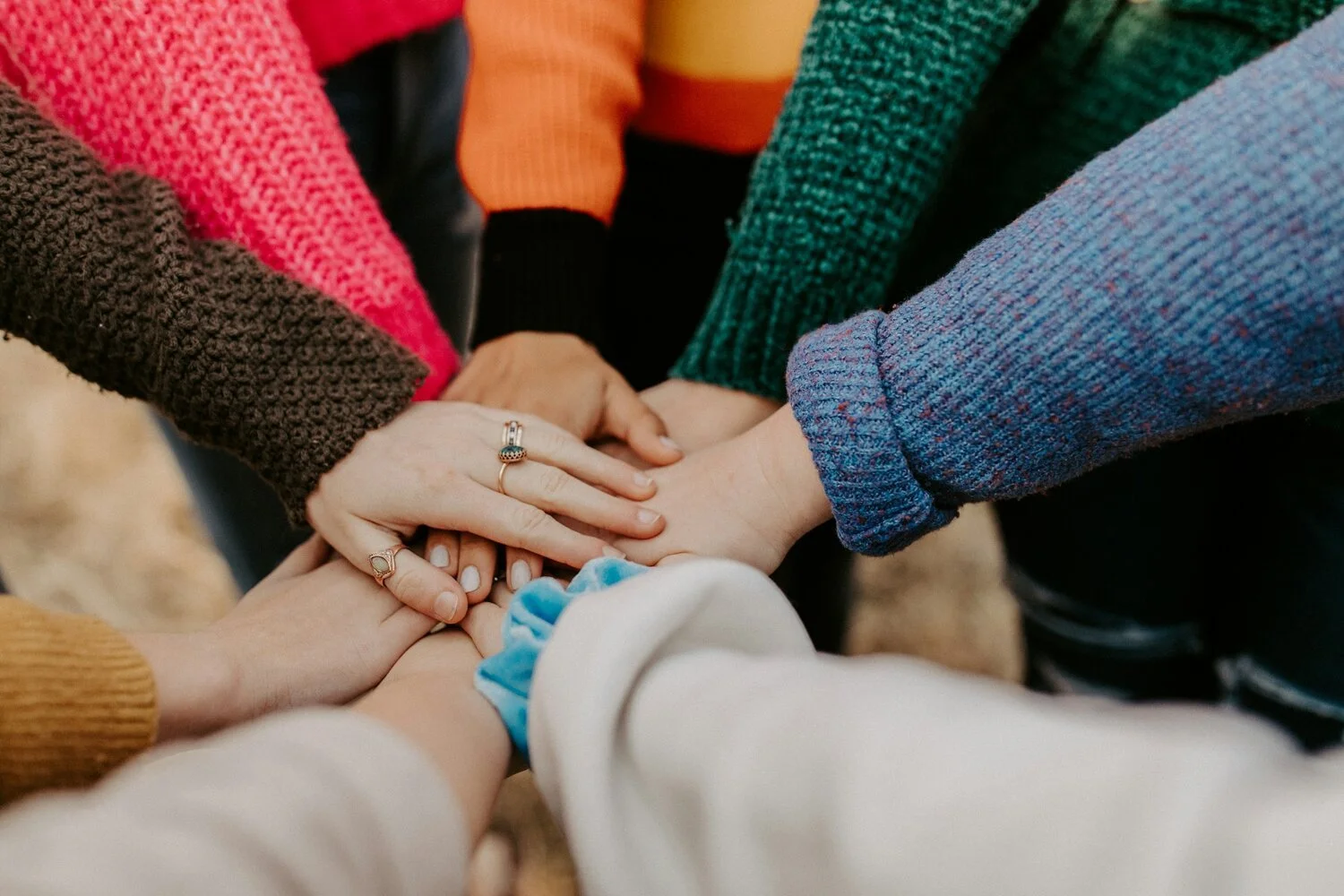Join a Support Group
We know losing a baby is an isolating and devastating experience and each person faces unique challenges. We also recognize that people in marginalized communities face additional hardships due to systemic oppression. In an effort to best serve our diverse population, we offer support groups based on types of loss, as well as shared identities.
In our support groups, we support grieving parents by naming the incredible challenges they are facing and providing a judgment-free space where parents can speak the truth about the depth of their emotions and the details of their experiences.
We encourage you to explore the support groups below and join as many as you might find helpful!
-
There is no right or wrong way to grieve. We believe that grief takes many forms: deep sadness, anger, confusion, longing, and even moments of peace can all be part of grieving.
Be respectful. People come to our groups with different backgrounds, belief systems, and family structures. We ask that you hold all life experiences with respect.
Honor all losses. Regardless of the gestation or age of our baby at the time of loss we all hoped that we would have a lifetime with our child.
Participation in group discussions is optional. We welcome and respect all levels of participation, from silently listening to being an active participant.
Confidentiality is expected from all group members. Please respect each person’s privacy by not identifying participants or repeating what has been shared outside of group settings without their consent.
Help limit distractions during meetings. We encourage group members to join meetings from a quiet, private place. In the event that unexpected noises occur, we ask that microphones be muted.
-
Q: Where and when do the meetings take place?
A: All of our meetings are currently on Zoom. Each group has a different schedule, so check out the details of the groups you are interested in to find out more!Q: How can I join? Do I need to RSVP?
A: You can join by filling out the Contact Us form. A staff member will help you connect with appropriate groups for your situation and RSVP from there.Q: Can I join any group?
A: Most of support groups are intended to serve people living in Massachusetts, with the exception of our TFMR, LGBTQ+, and BIPOC groups, which is open to people in any location. Some of our groups have specific requirements, so please reach out using the Contact Us form, and a staff member will be happy to help you find the right fit.Q: I don’t live in Massachusetts… Where can I find a support group?
A: Our TFMR, LGBTQ+, and BIPOC Support Groups are open to participants regardless of location. For all other groups not based in Massachusetts, National Share has a plethora of support groups in various locations. Click here to browse their groups by state.Q: I’m nervous to join a meeting… Is that strange?
A: Not at all! It is normal to feel nervous, especially when you don’t know what to expect. We are happy to talk with you before joining a meeting to help you feel at ease and make sure all of your questions are answered.Q: Do I have to turn my camera on?
A: While we encourage people to have their cameras on during meetings, it is totally OK to have your camera off, or turn it off if you need a break.Q: I can’t talk about my experience without crying. Will I be the only one?
A: Not at all! We know that no matter how far out you may be from your loss, talking about your experience can bring up strong emotions. All emotions are welcome at our meetings. If you need a break from speaking, that is OK!Q: Can I come alone / Can I bring someone?
A: You are welcome to attend meetings by yourself or with a loved one!Q: Can I have my children with me?
A: If you need to, of course. We do ask that children stay off screen and that you mute yourself if the noises of children or babies in your household are audible. Many of our group participants don’t have living children, so seeing or hearing yours might be hard.Q: I want my partner to come, but they may not want to speak or be on camera. Is that OK?
A: Yes! Participation is always optional. Many people receive support by listening. If your partner wants to listen in without being on camera, we ask that you acknowledge that there is another person in the room.Q: Are support groups a form of therapy?
A: Although participants get a lot of support through our meetings, our bereavement support groups are not therapy, and should not necessarily be used in place of therapy. If you are looking for an individual therapist, we can help you get that process started. -
Support Groups by Type of Loss:
Twin Loss Support Group (while parenting a surviving twin)
Support Groups by Identity:
Other:




